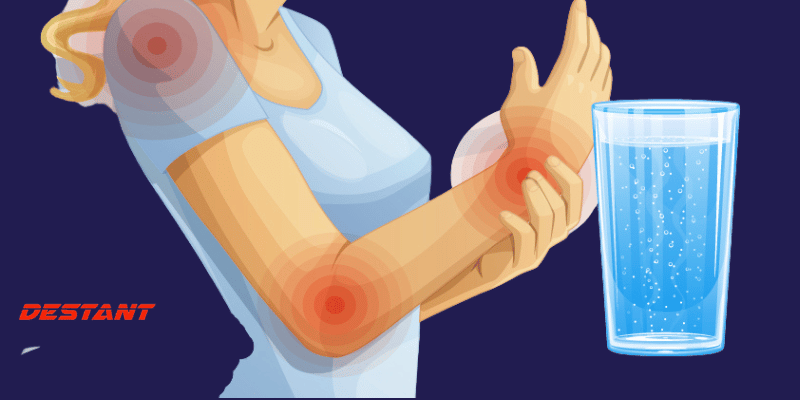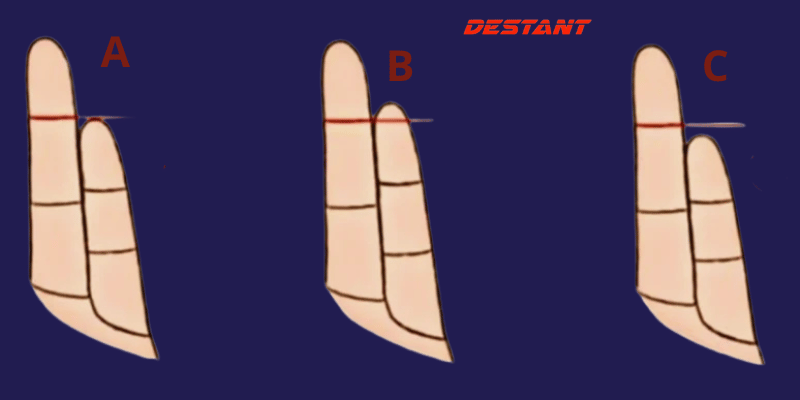8 SYMPTOMS THAT THE BODY IS NOT GETTING ENOUGH WATER
Signs of Dehydration: Recognizing When Your Body Needs More Water
Insufficient water intake can lead to dehydration, a condition that hinders the body’s normal functions. Here are eight symptoms that may indicate your body is not receiving adequate water:
- Thirst:
- Indicator: The most straightforward signal is a sensation of thirst.
- Dry Mouth and Lips:
- Effect: Insufficient water can reduce saliva production, leading to dryness in the mouth and lips.
- Exhaustion and Fatigue:
- Effect: Dehydration can impact energy levels, resulting in feelings of exhaustion and fatigue.
- Headache:
- Effect: Inadequate water intake may trigger headaches.
- Dark Urine:
- Indicator: Changes in urine color to darker hues than usual suggest dehydration.
- Decreased Urination:
- Effect: When water intake is insufficient, the body conserves water, leading to reduced urination.
- Dizziness or Vertigo:
- Effect: Dehydration can affect balance, causing sensations of dizziness or vertigo.
- Dry Skin and Loss of Elasticity:
- Effect: Insufficient water can result in dry skin and a reduction in skin elasticity.
If you observe one or more of these symptoms, it is crucial to increase your water intake promptly. Consistent symptoms or worsening conditions should prompt consultation with a healthcare professional to ensure appropriate intervention and prevent further complications. Regular hydration is fundamental for overall well-being, and recognizing these signs can help maintain optimal health.



